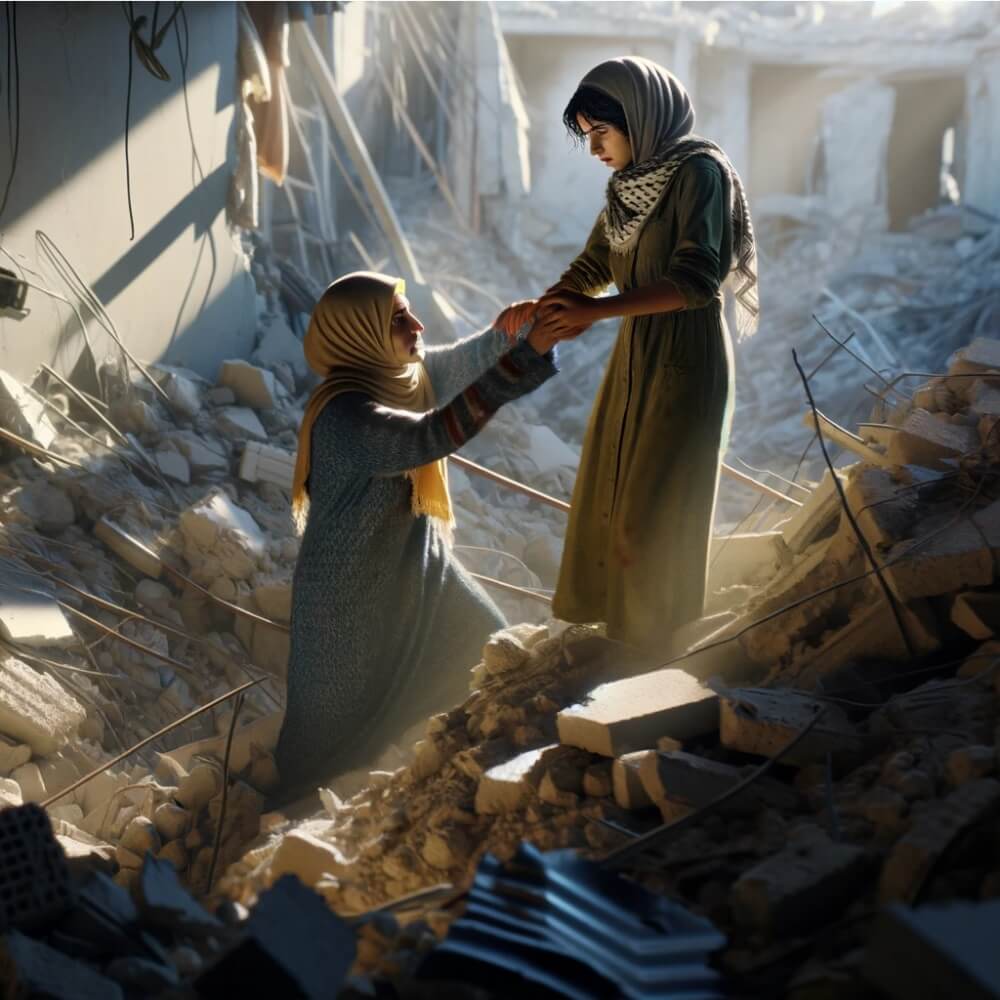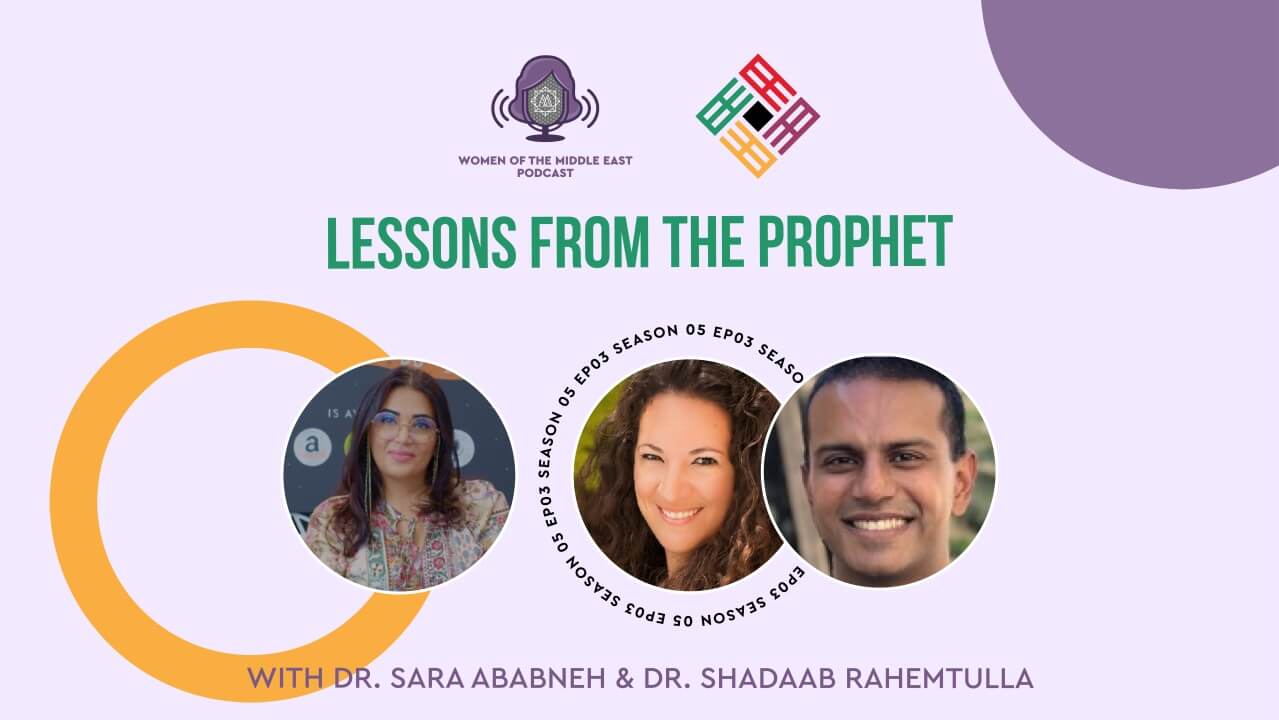Samah Abu Latifa’s anguished plea echoes through the desolation of Gaz…
Just a Bunch of Feminists
I’m to meet two friends for lunch in a French café on a summery day in London. Having this casual lunch is such a treat in our super busy-schedules. I’d spent my morning in the British library, preparing for a paper I will be presenting in two weeks in the States. My Kuwaiti friend, Aysha, is a feminist researcher who has just published a two-year study on divorced women in Kuwait. My second companion, Maryam, is a Saudi dentist whose PhD thesis was the talk of the conference she has just attended in Scotland a week ago.
Once we’re together, we find ourselves conversing about the misconceptions we face wherever we go, no matter how intellectual the setting. Aysha tells us that when others see how publicly active she is, their questions are about women’s private spaces. Their questions turn into statements about how Islam has failed women in the marriage institution and how the Islamic family law is clearly biased. The problem here, she says, is that the news distributed about certain cases of injustices come from a very limited number of countries but still get the maximum media attention: stories such as women denied custody rights, marriage rape, and children marriages. How can Islam be blamed here?
I add that this preconceived notion of Muslim women in need of rescuing from their religion is enriched in the Western popular mind and is being fed by images of women fully covered in black and by reported stories of honor killings, female genital mutilation, and child marriages. Even though these cases do exist, what these reports fail to capture are the underlying factors behind such abnormalities—such as poverty, traditional patriarchal families and tribes, and oppressive regimes.
Maryam says she is usually faced with condescending comments such as, “Muslim women will never be able to progress because their religion marks them as the subordinate inferior gender!” I interject that though Western feminism attempted to construct a set of rules to equalize them, the Islamic holy book gave women equality and respect more than 14 centuries ago. Women have the right to education, work, and political activity under Islam. When they are denied their rights, one needs to look at each example as an individual case. Instead of making Islam the scapegoat, one needs to explore the social, economic, and political realities of these women. The real problem is, rather, the challenge that women face in male-dominated institutions and societies. A problem that is termed internationally as sexism! Muslim women are held captive between protection and rescue: Religious fundamentalists claim that they are protecting us, and the Western media are calling for our rescue. We need to speak for ourselves. We have a voice, and we intend to use it.
In the heat of the conversation, we don’t recognize that we’ve become the center of everyone’s attention in the café. An Arab lady next to us turns to her daughters and tells them: “just a bunch of feminists!”
This piece is published in Carnegie Mellon Today magazine in their October issue.
Link to the article
You may also check
Welcome to the recap of an enlightening episode of the Women of the Middle…


